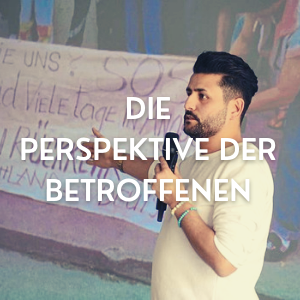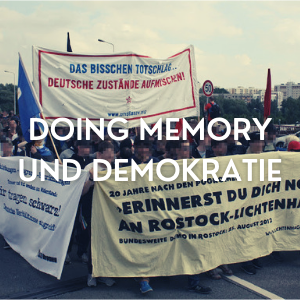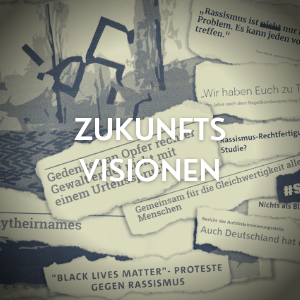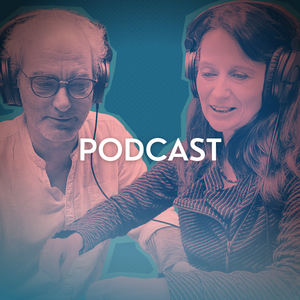Attacks on refugee homes, anti-Semitic attacks on synagogues, armed murdering right-wing terrorists, arson attacks on families with a migration history – all of these can come to mind when we think of right-wing violence.
Remembering such acts of violence means making them criticisable and mournable, and especially recognising those affected and their suffering – a challenge for all societies in Europe and also for academia. Four workshops in Rostock, Athens, Oslo and London also dealt with the practices of remembering and forgetting, with Doing Memory of, right-wing violence.
Getting to know Doing Memory
Memory, right-wing violence and society. How they are connected and what Doing Memory actually means – an overview in the explanatory film:
The most important terms at a glance
Doing Memory as an approach that
– includes remembering and forgetting as conflicting practices for creating meaning about the past
– relates what is remembered to the present and the future
– raises questions about the people who are Doing Memory, about their interests, about power, domination and their legitimation
– demands a radical multiple perspective in order to be able to develop perspectives for a plural and democratic society
– understands right-wing violence as an important phenomenon of contemporary society and makes its historical continuity visible by recognising the victims and those affected by it
– calls for politics of listening as a starting point for social debate
This project
In 2018, Tanja Thomas, Matthias N. Lorenz and Fabian Virchow began to expand their interdisciplinary research in the field of remembrance culture. They organised workshops first in Rostock, but later also in Athens, Oslo and London. Participants were not only academics from a wide range of disciplines, but also people who are involved as participants in the practices of Doing Memory: Those affected, contemporary witnesses, journalists, activists and artists from various fields. The research team was hoping that this would not only lead to the further development of scientific questions and discussions, but also to an exchange about different perspectives and experiences with a Doing Memory of right-wing violence in different cultural contexts.
A film team accompanied the workshops. This resulted in interviews with the workshop participants. They reflect on the relationship betweenDoing Memoryand democracy, share practices of remembering and record conflicts and visions.
Approach
This page presents results of the workshops and also tries to give an insight into the theories and scientific findings on remembrance practices and Doing Memory. Various main topics refer to the most important contexts of Doing Memory and the extent of right-wing violence (in Europe), democracy, conflicts and problems in the field of remembrance culture, the perspective of those affected, various practical forms and formats of remembrance as well as visions for the future.
Understanding Doing Memory
An overview of the topics this page addresses:
An overview of those interviewed
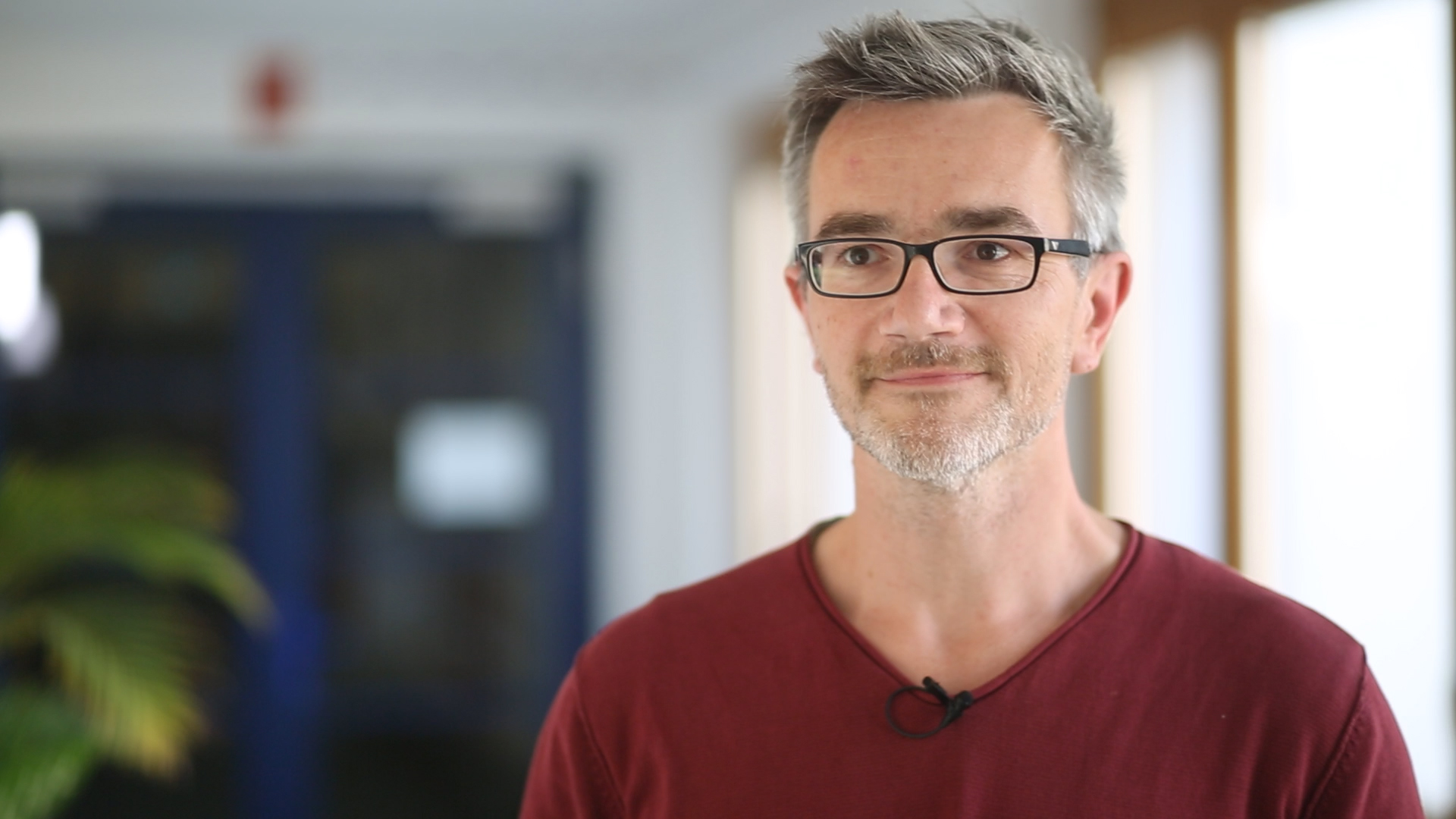
Tim Kellner | Künstlergruppe „Schaum“
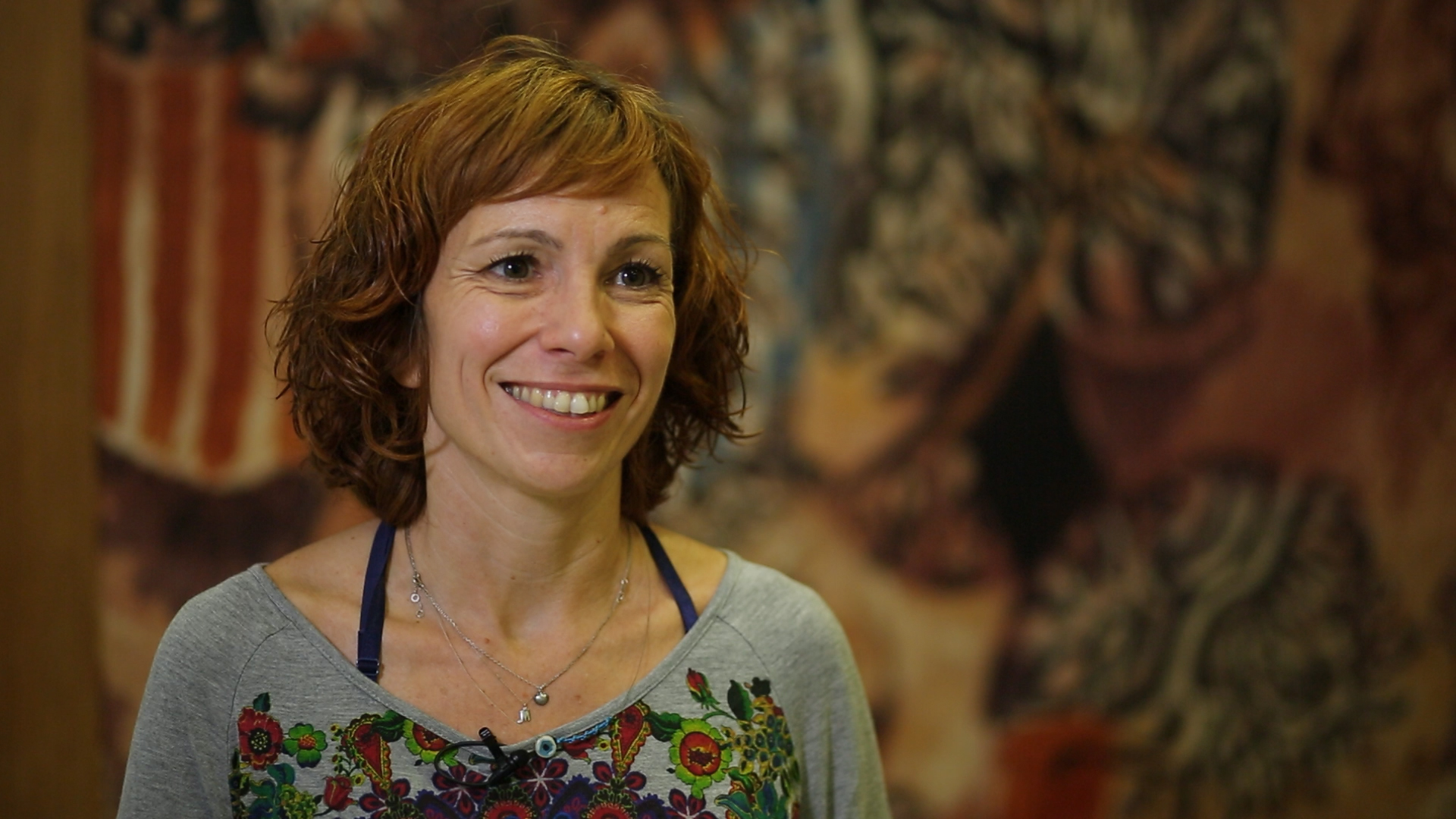
Maria Paraskeva | Projektkoordinatorin und Rechtsexpertin bei HumanRights360

Jacobi Thomas | Kameramann und Journalist
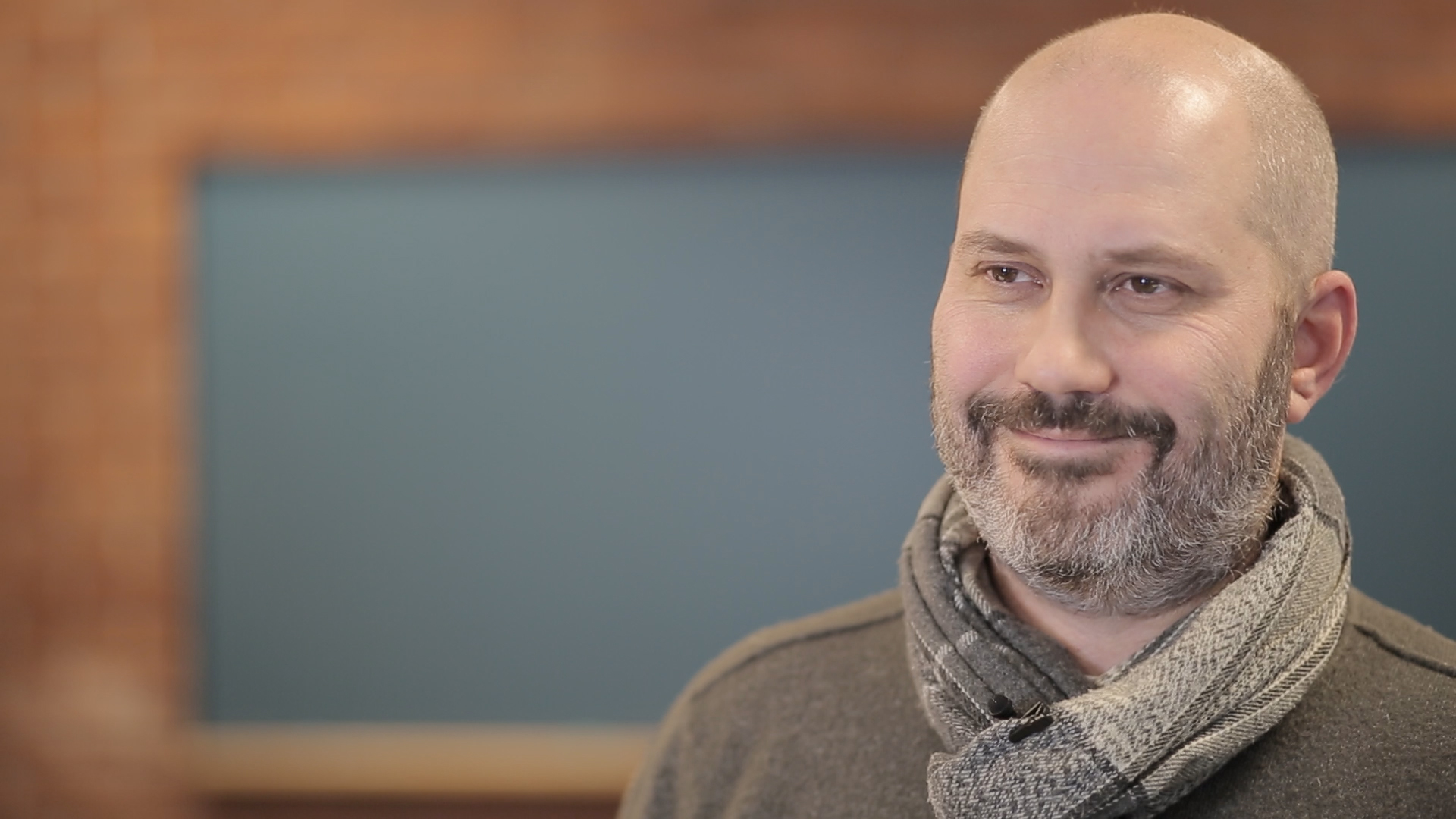
Erik Ulfsby | Theaterregisseur, „One of Us“
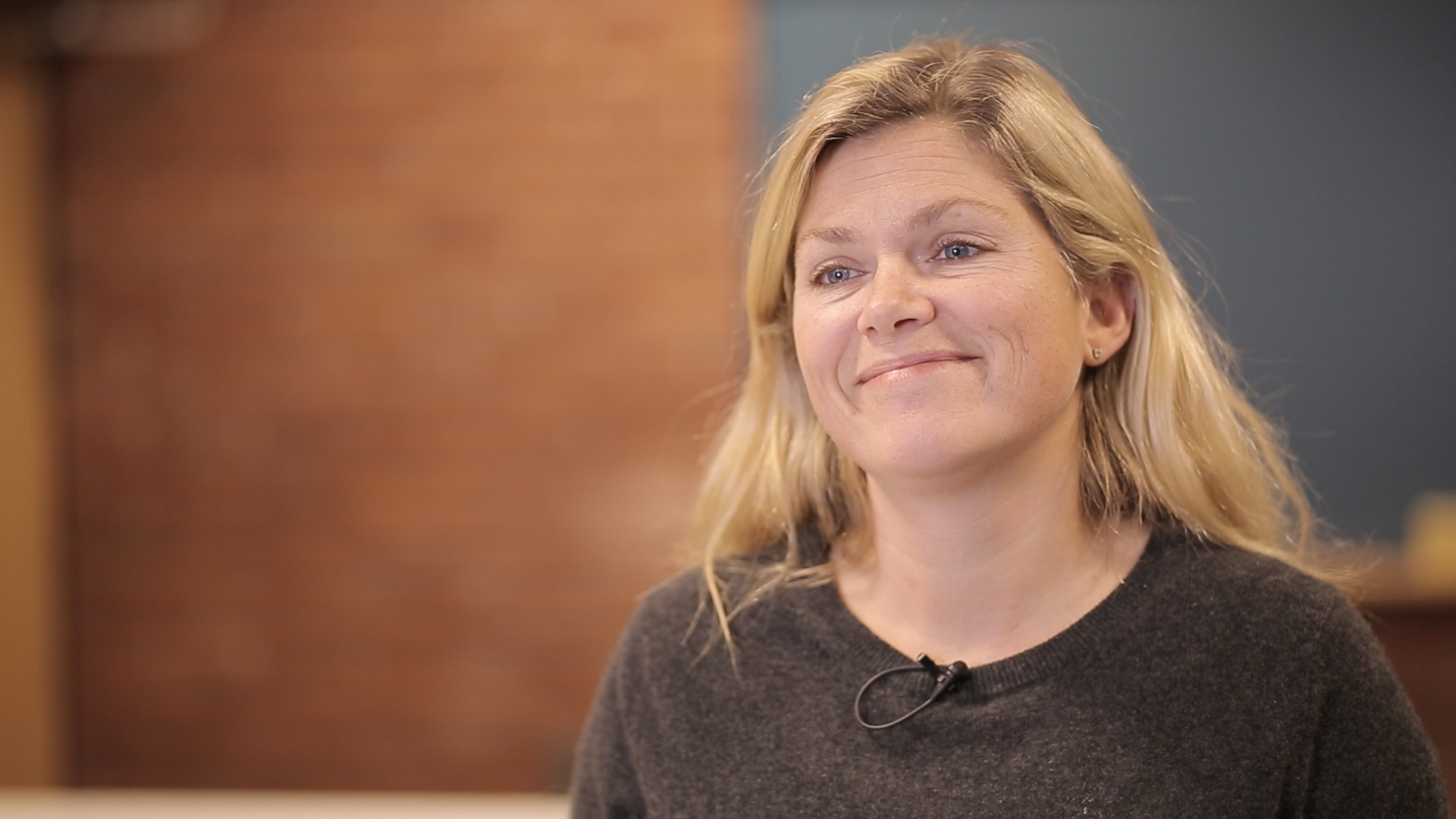
Martine Aurdal | Journalistin
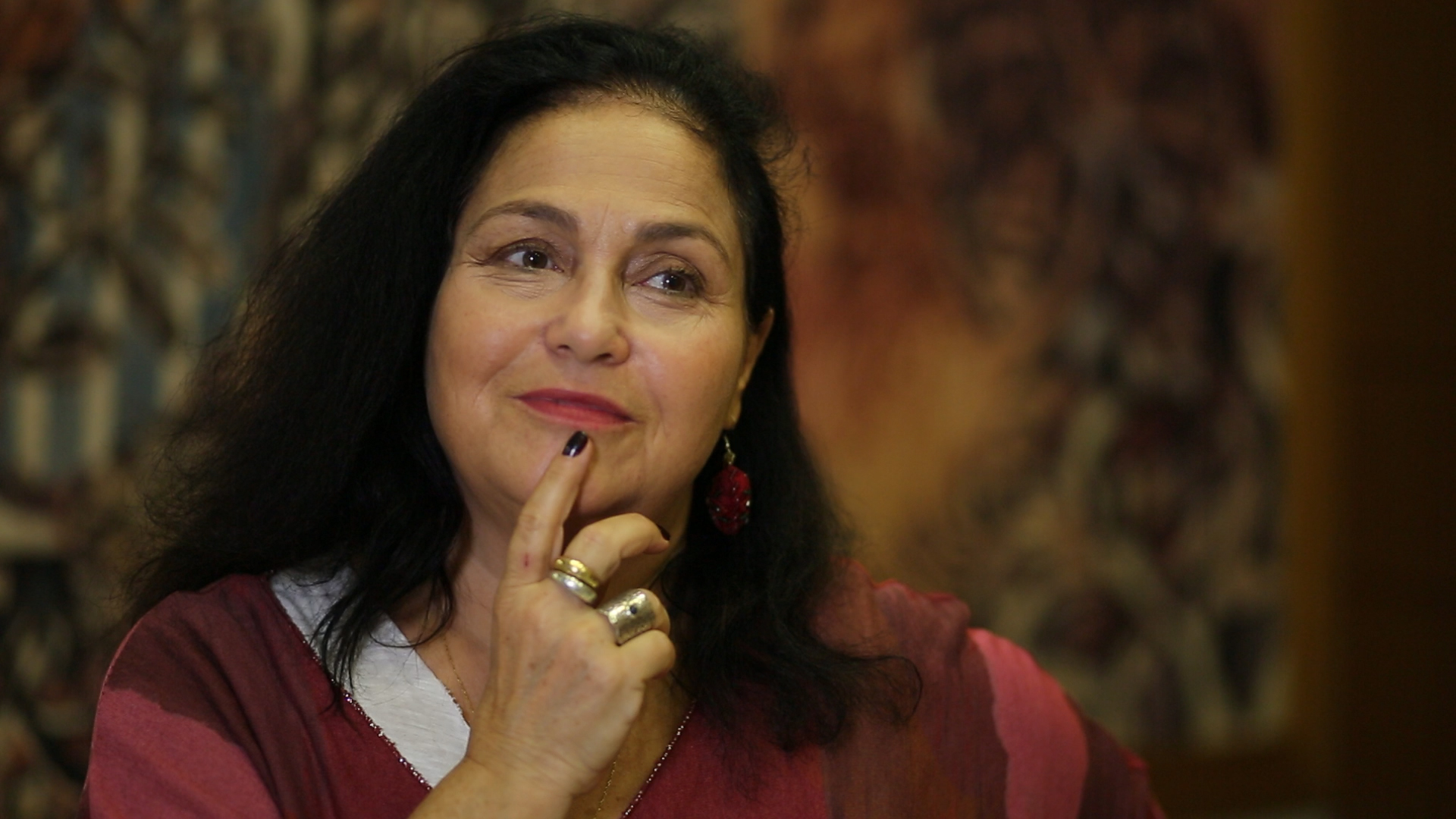
Angelique Kourounis | Filmemacherin und Journalistin
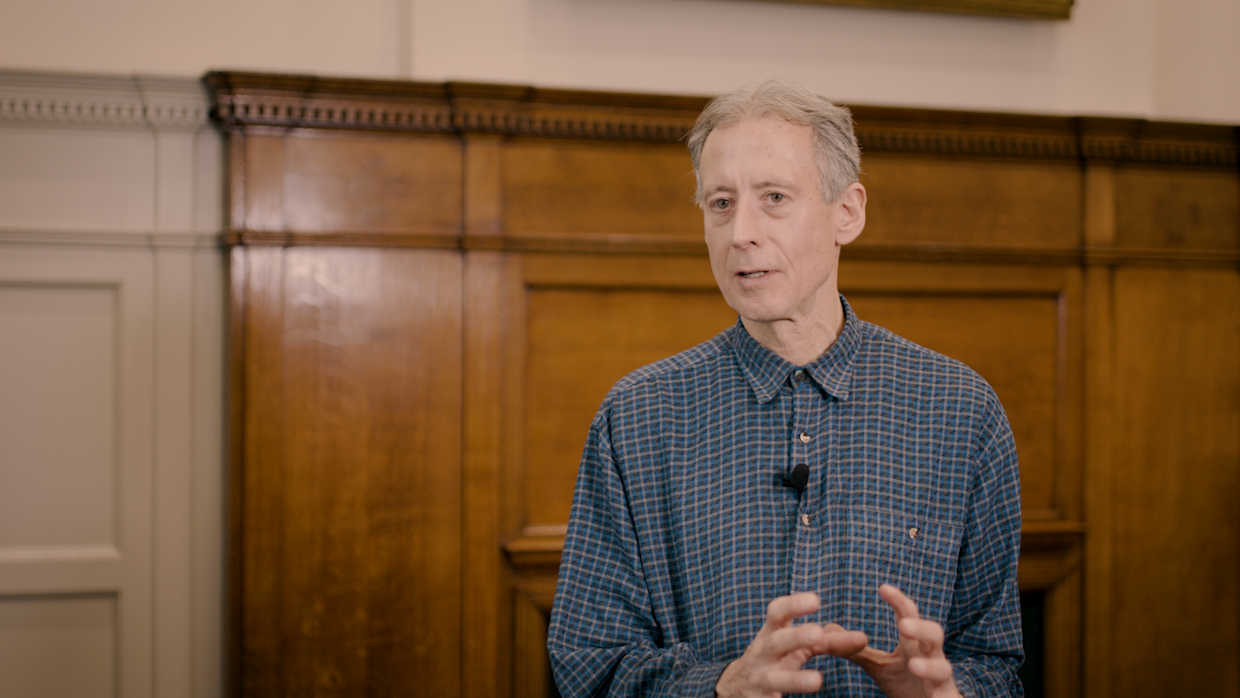
Peter Thatchell | Menschenrechtsaktivist
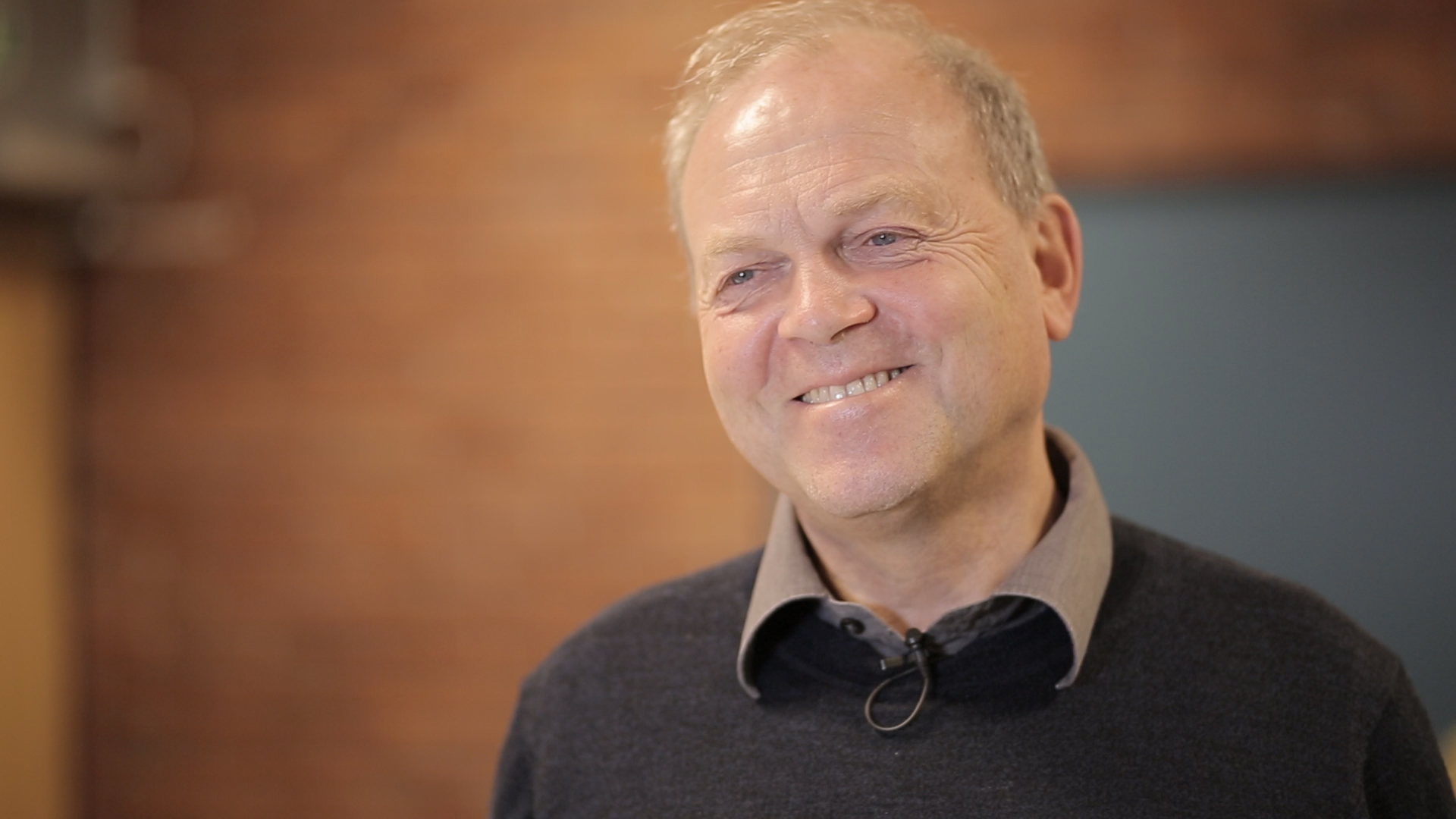
Tore Bjørgo | Wissenschaftler und Direktor des Zentrums für Extremismusforschung (C-REX)

Imam-Jonas Dogesch | Mitglied des Landesintegrationsbeirats Mecklenburg-Vorpommern sowie Sprecher von Migranet MV
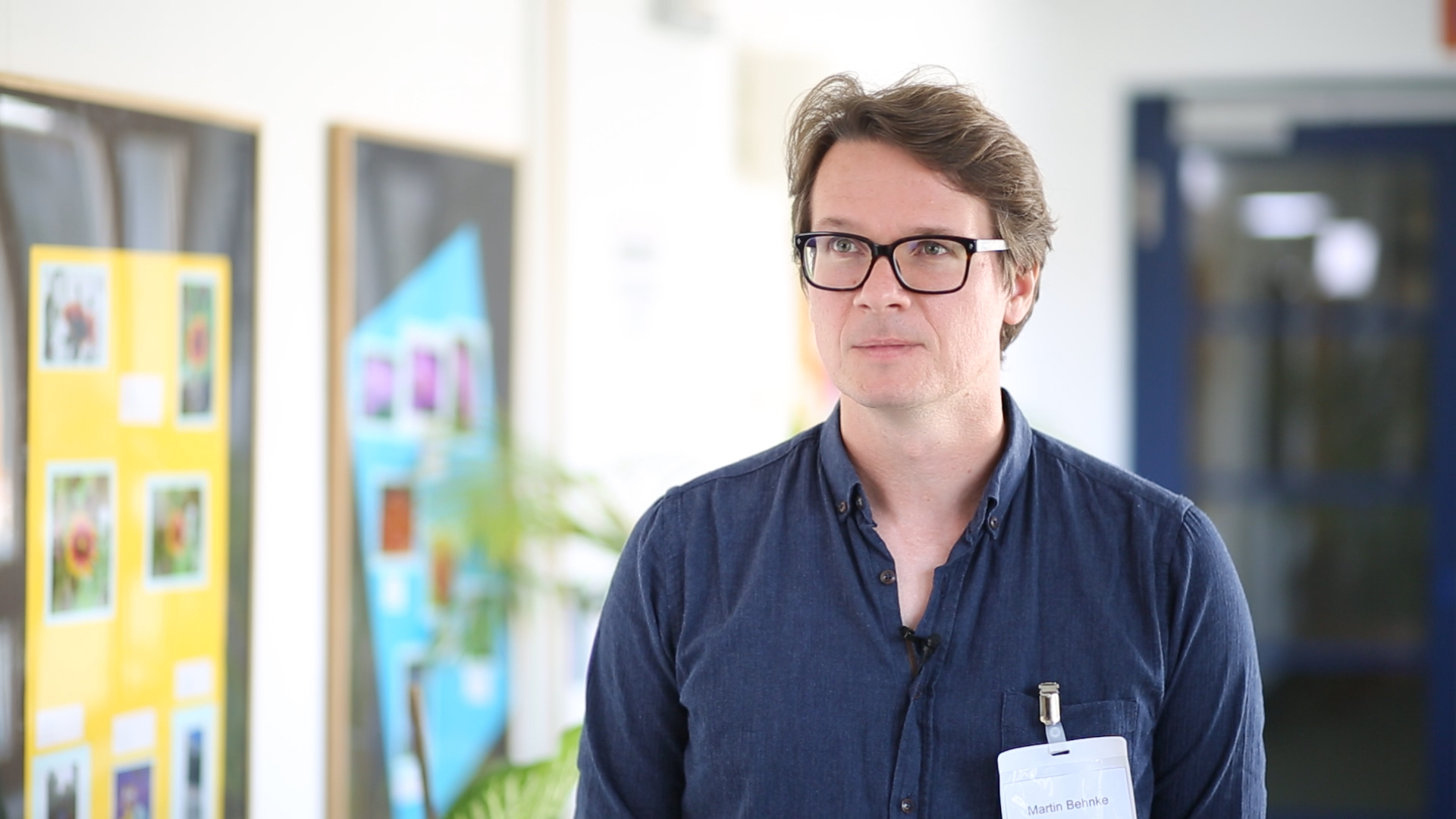
Martin Behnke | Filmemacher
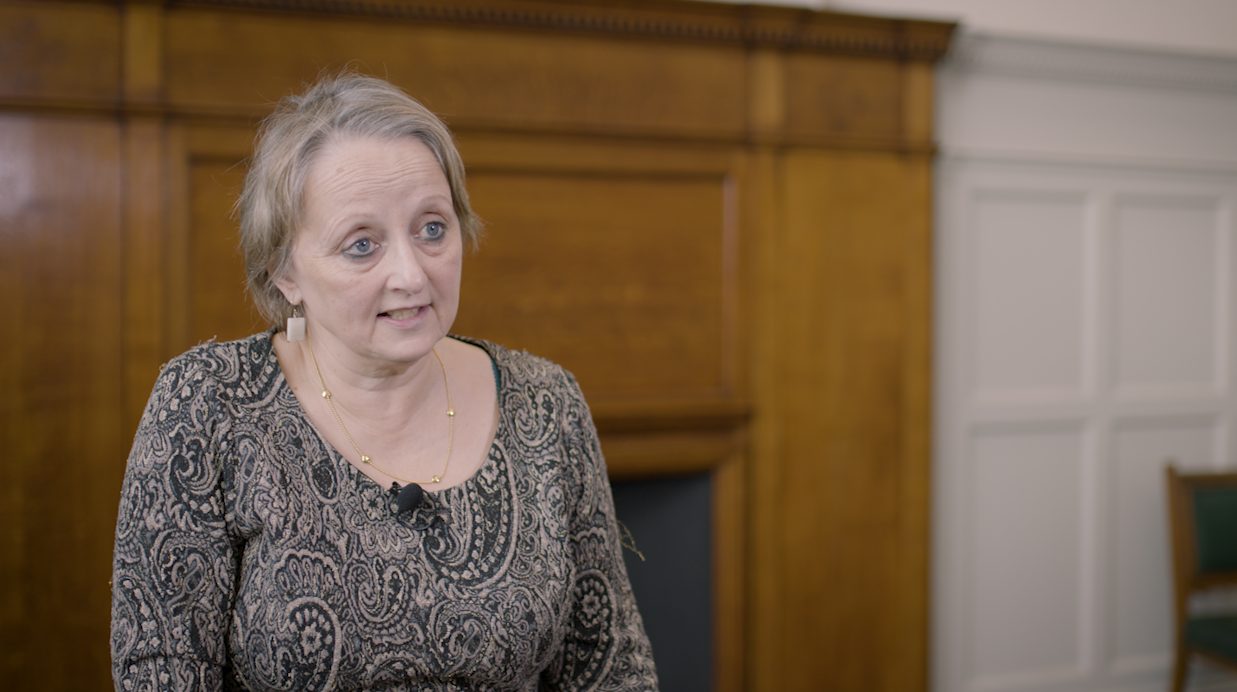
Liz Fekete | Leiterin des Institute of Race Relations (IRR)
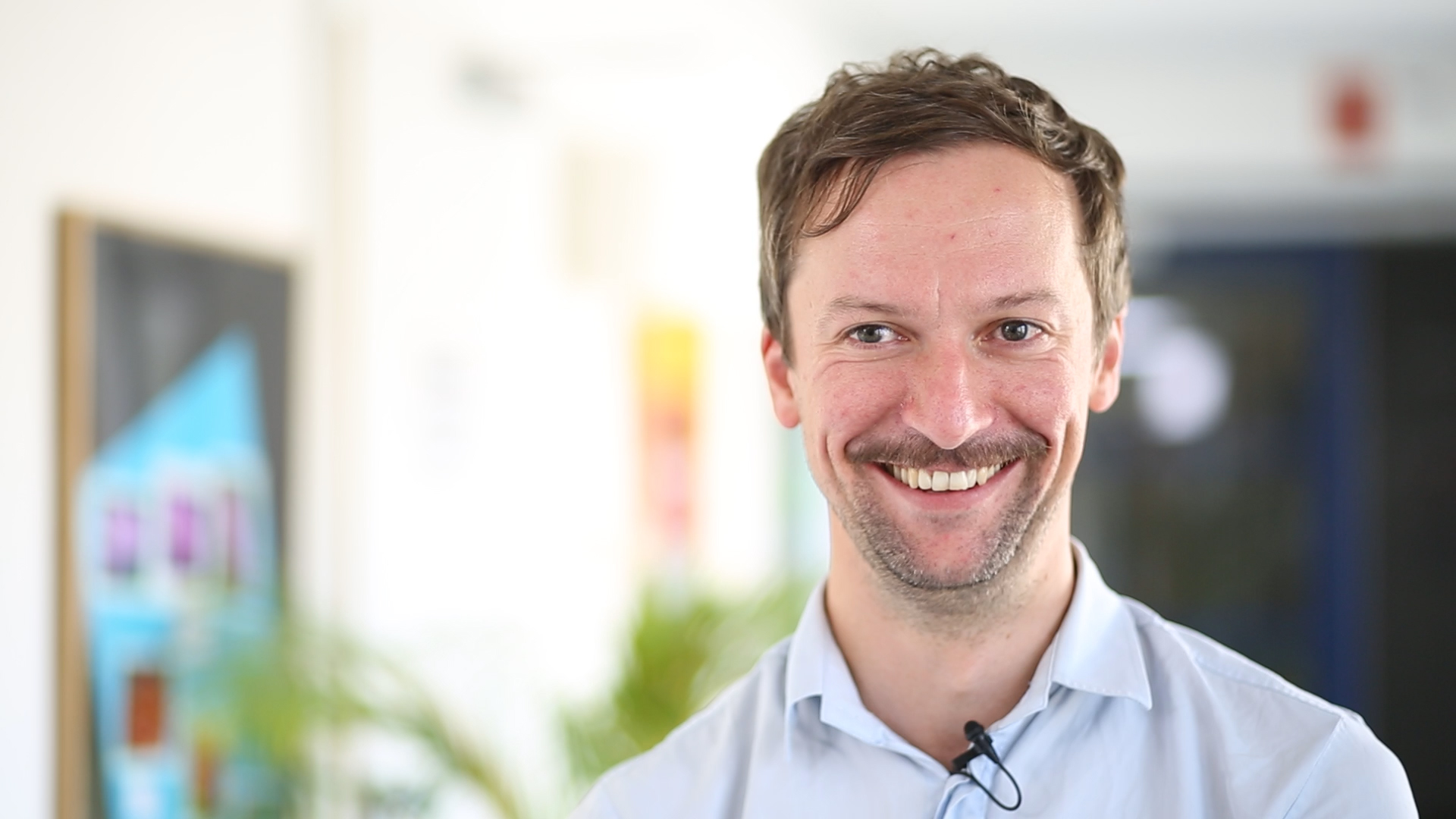
Christoph Dorner | Journalist
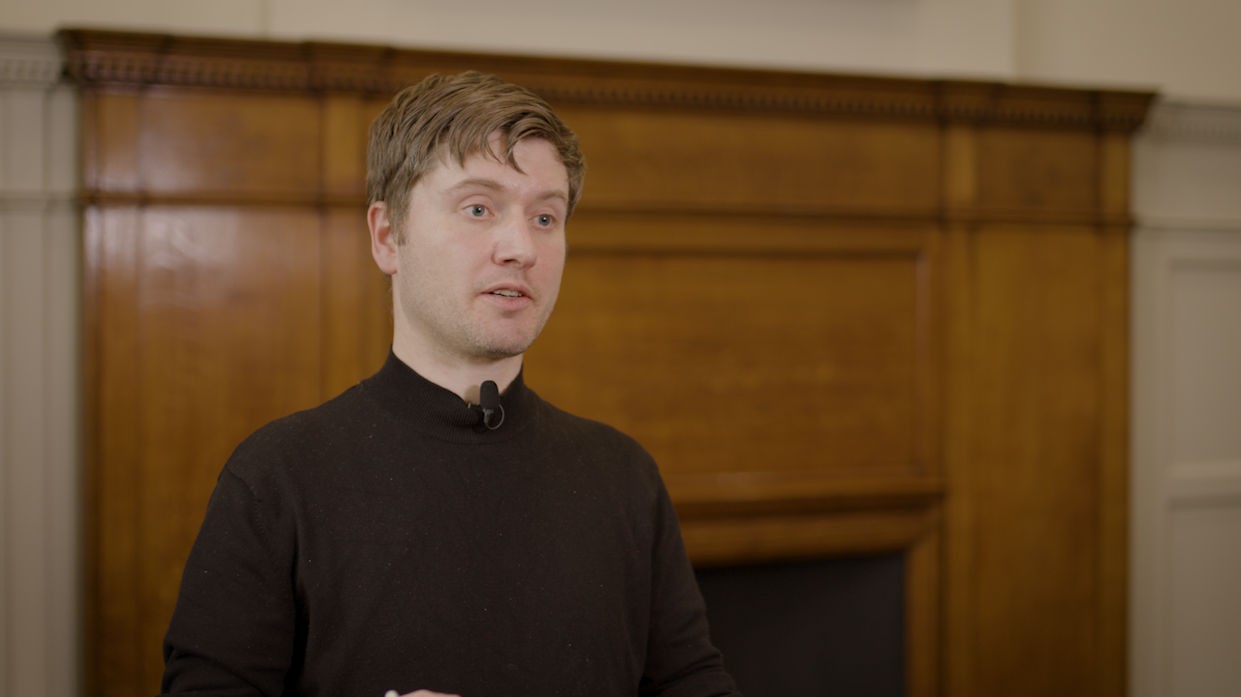
Jon Burnett | Wissenschaftler, Swansea University
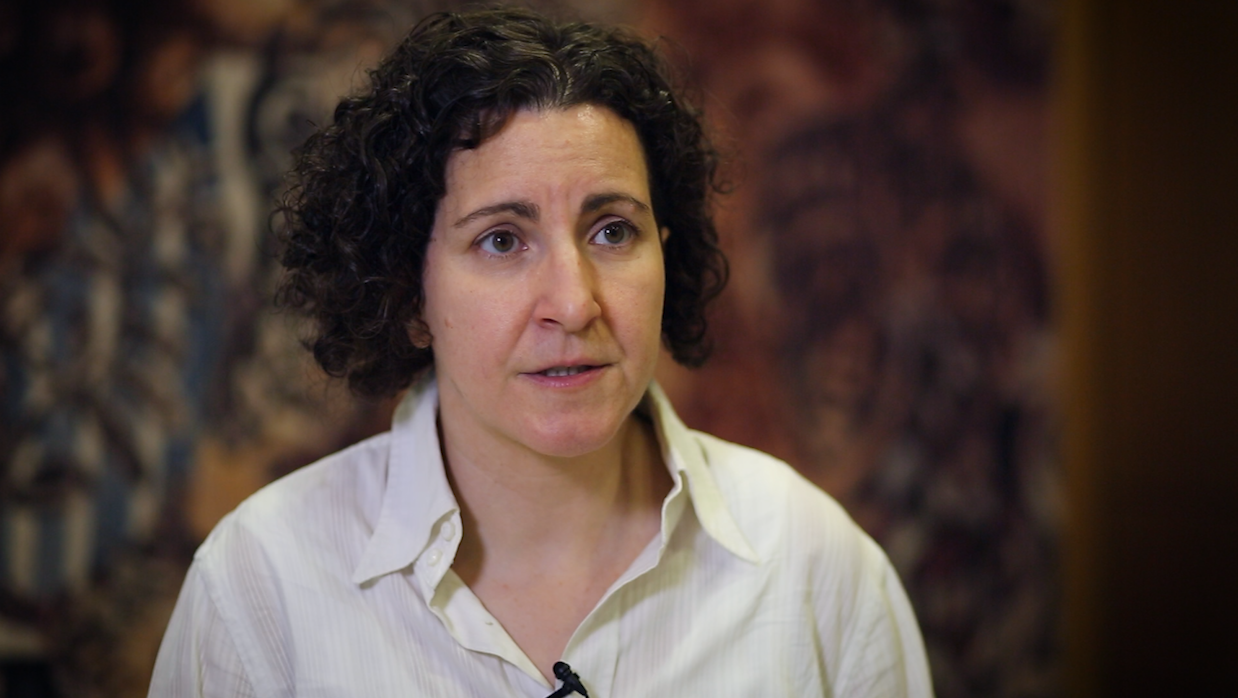
Nancy Papathanasiou | Wissenschaftliche Koordinatorin der 11528 LGBTQI+ Hotline, Mitgründerin von Orlando LGBT+ und Aktivistin
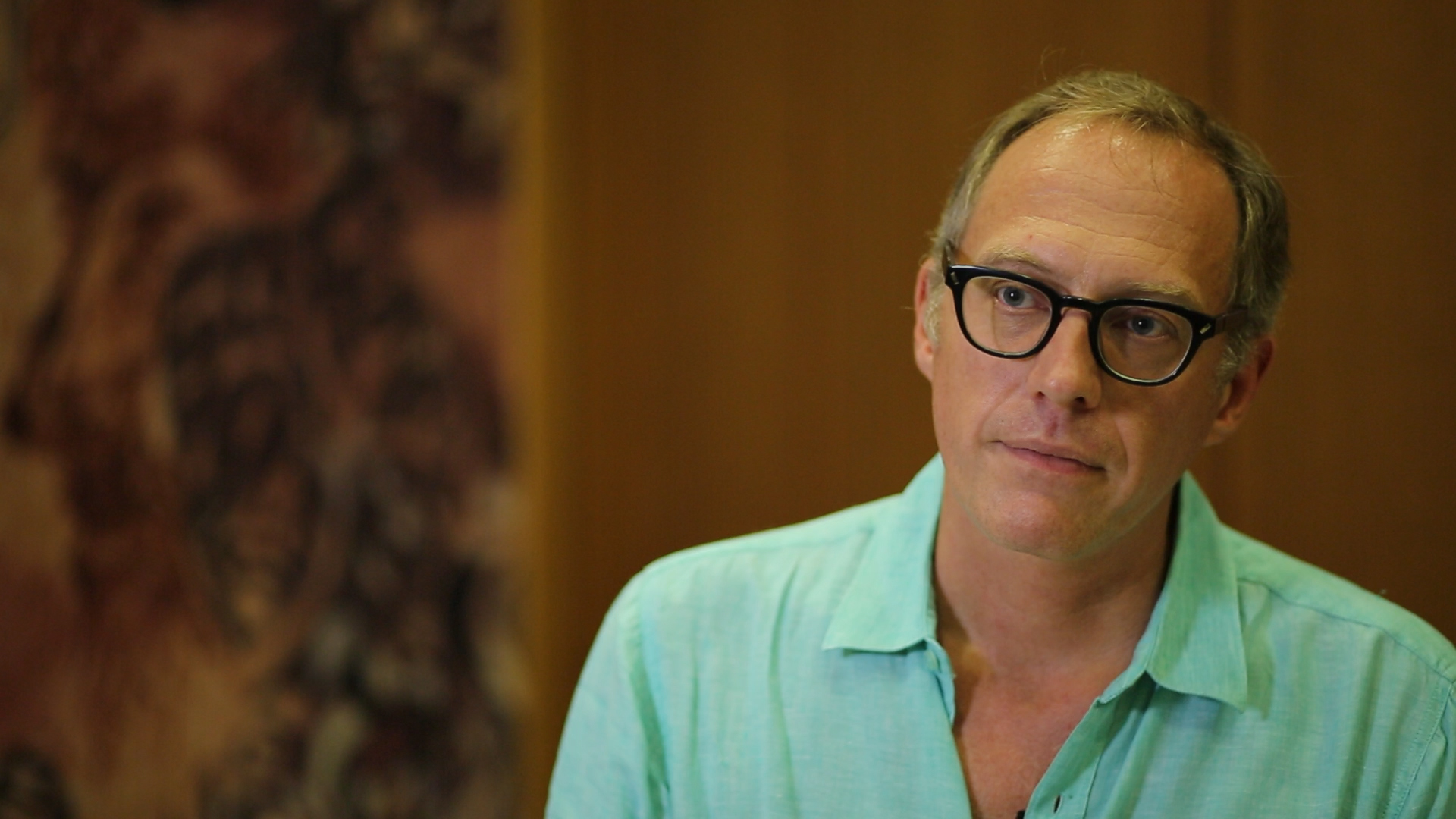
Fabien Perrier | Journalist
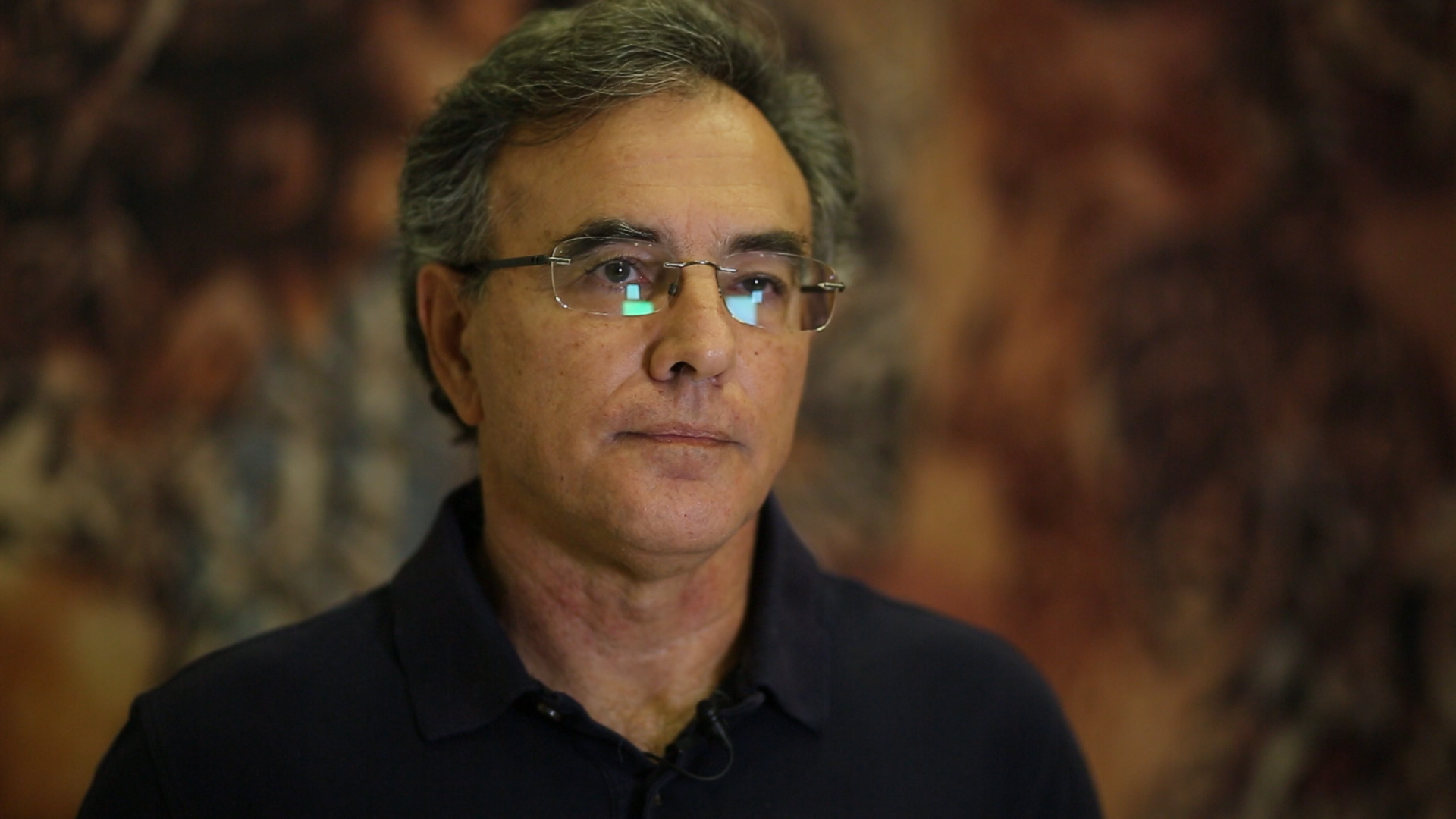
Tassos Tsakiroglou | Journalist
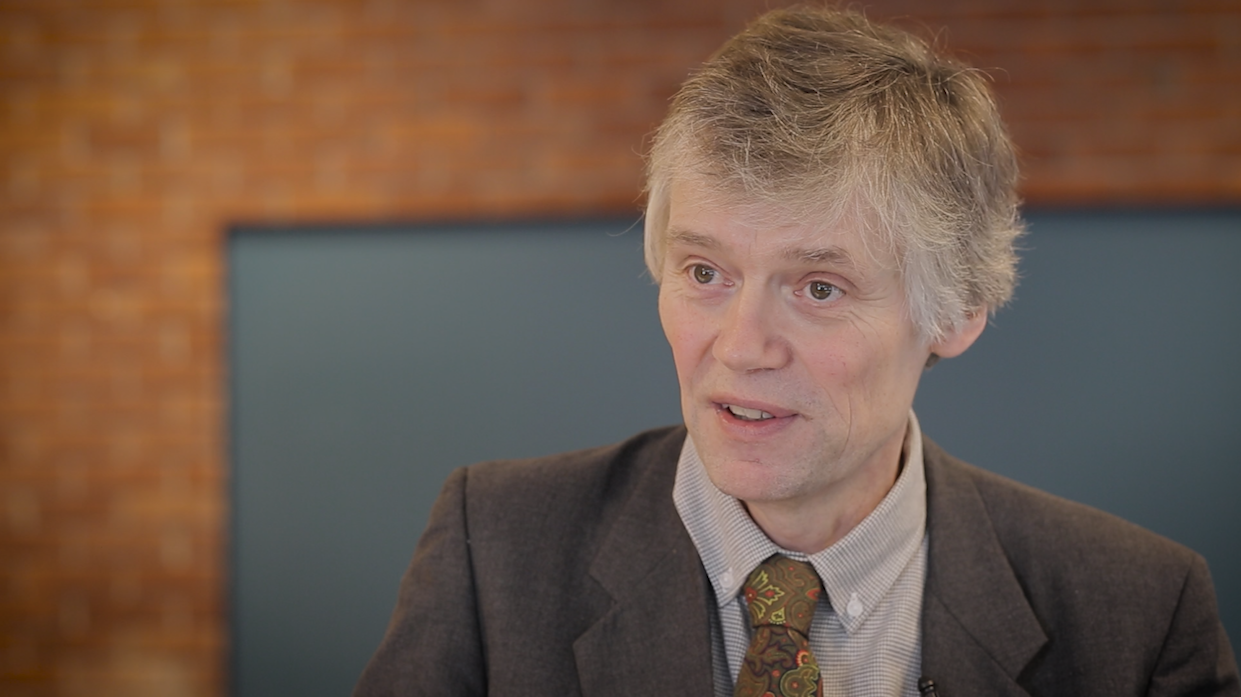
Anders Giæver | Journalist
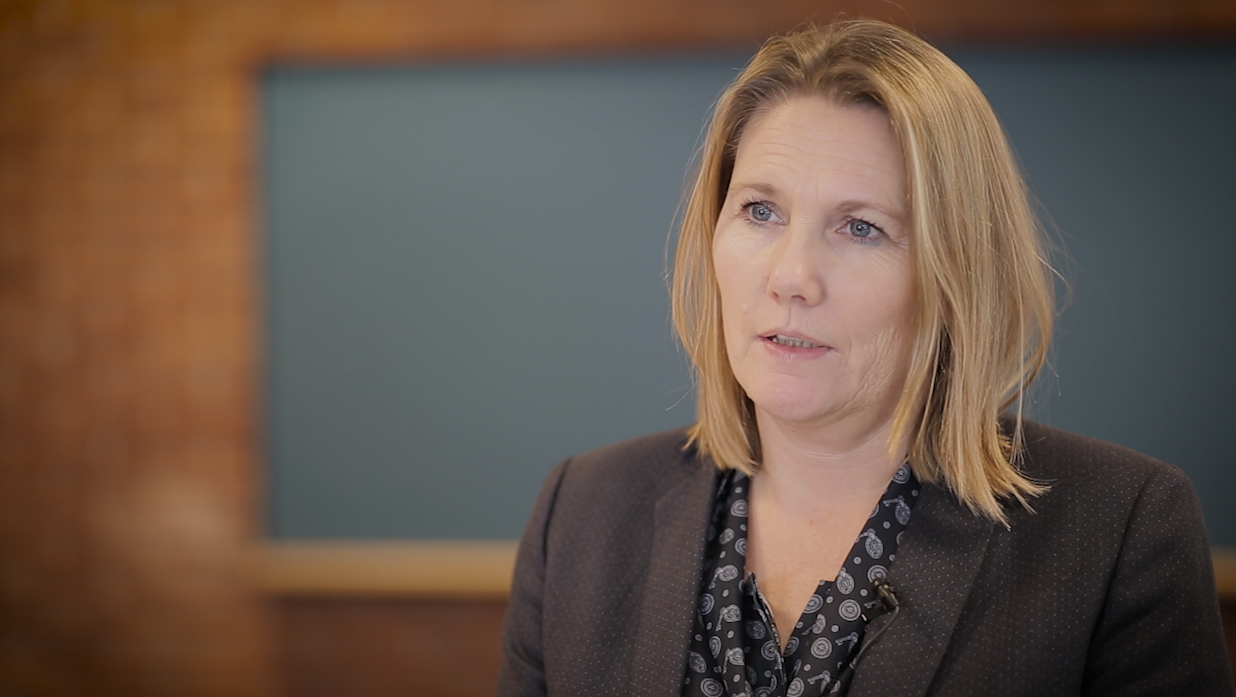
Lena Fahre | Direktorin des Ausstellungszentrums 22. Juli
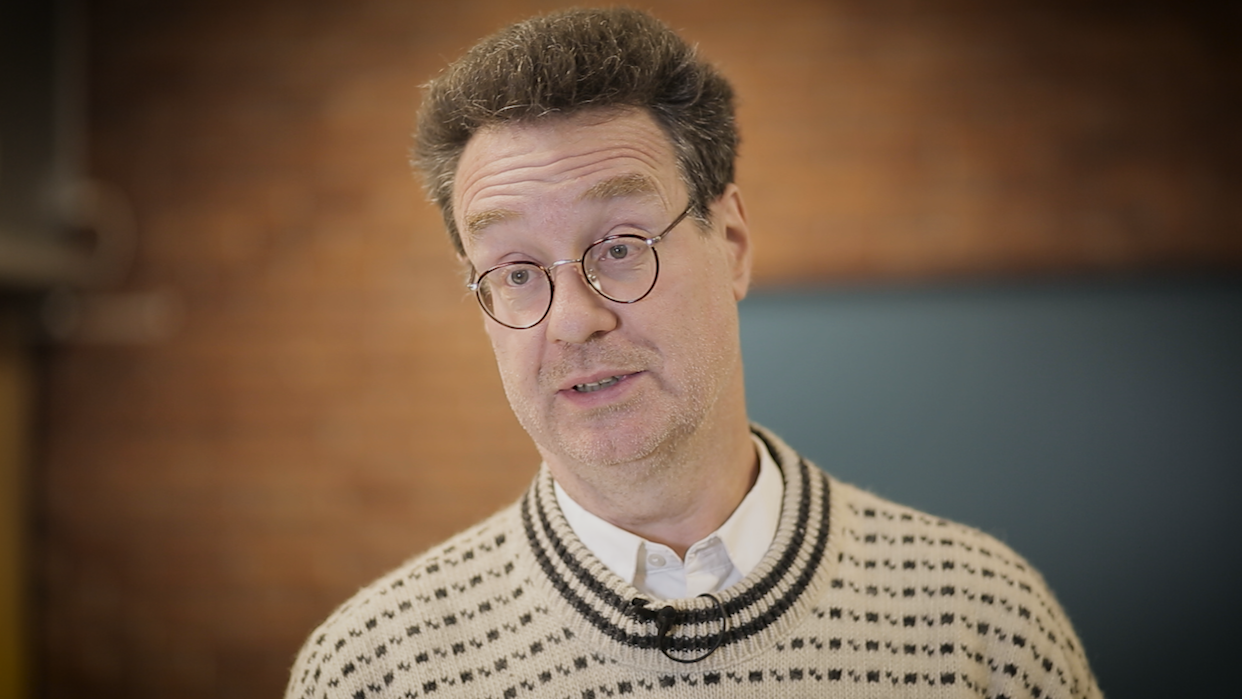
Fredrik Lange | Filmemacher
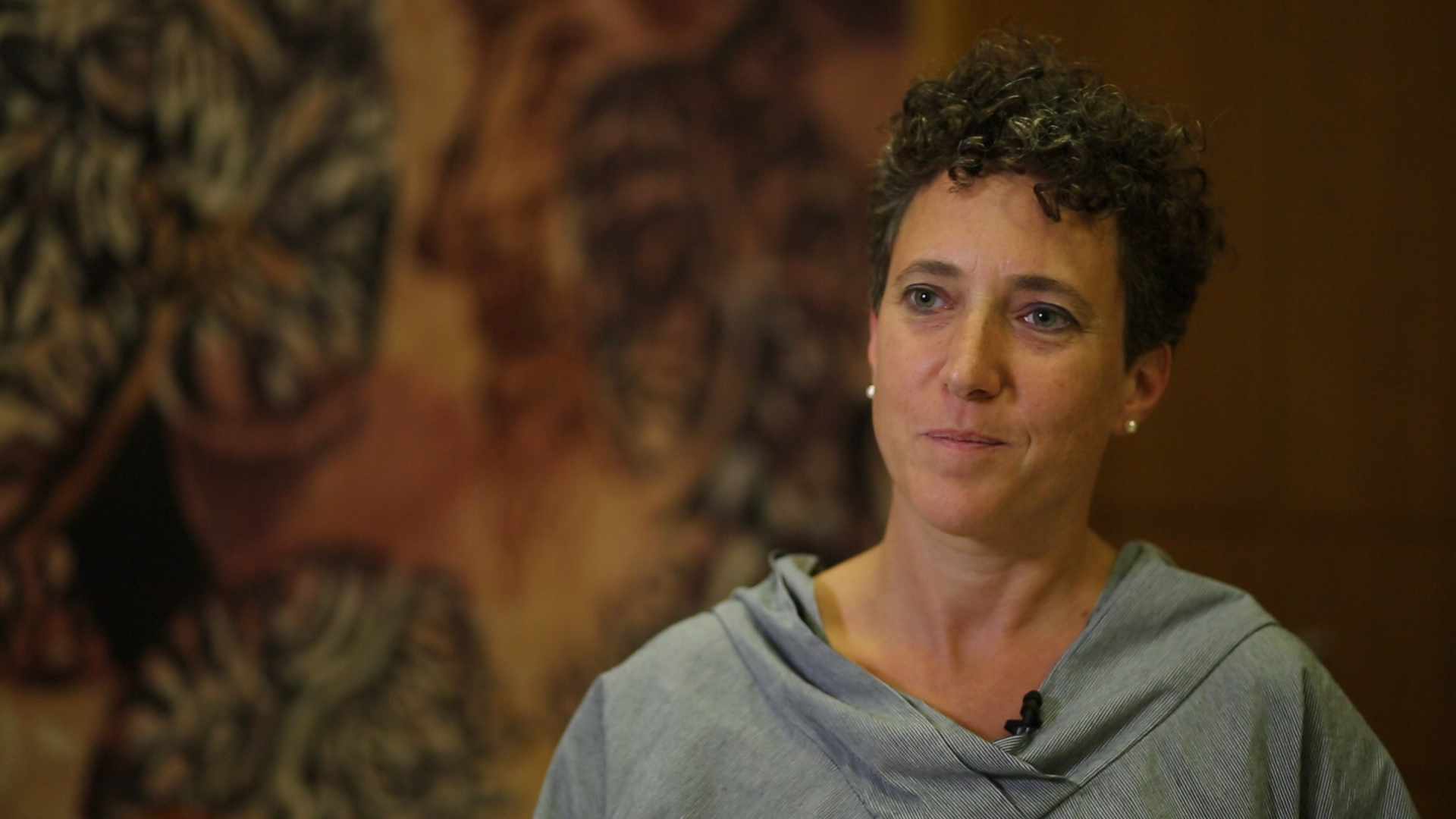
Ioanna Meitani | Leiterin Verbindungsbüro Athen/ Griechenland, Rosa-Luxemburg-Stiftung
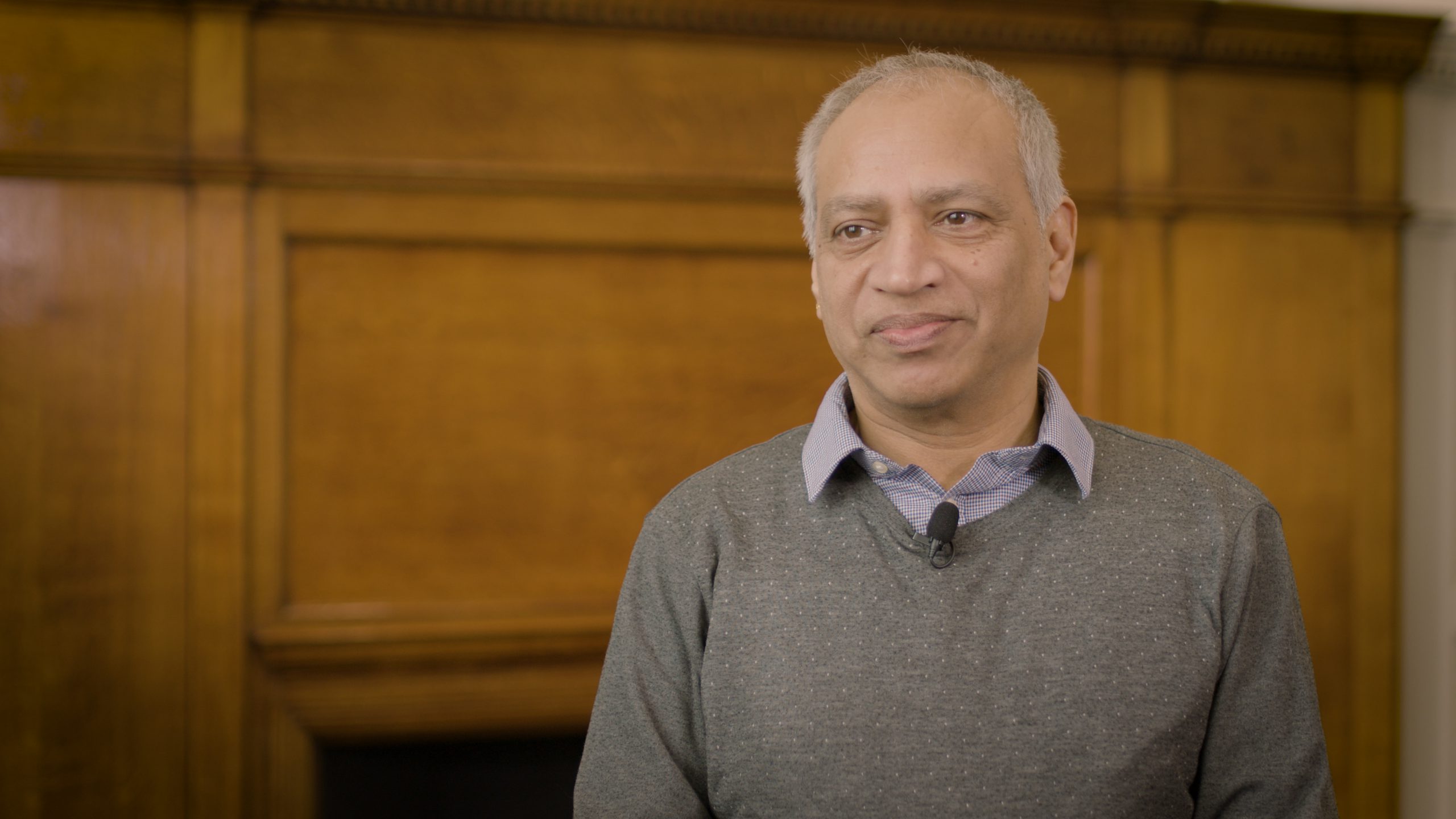
Ansar Ahmadullah | Aktivist
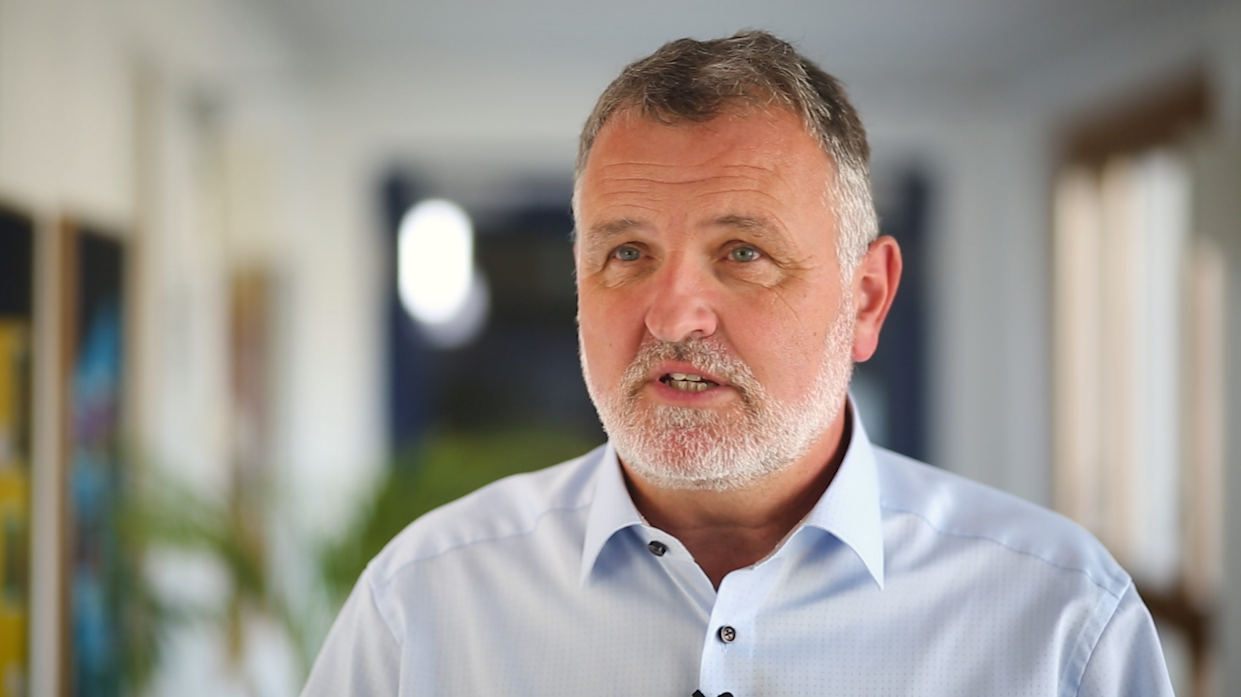
Jochen Schmidt | Journalist, Autor und Zeitzeuge
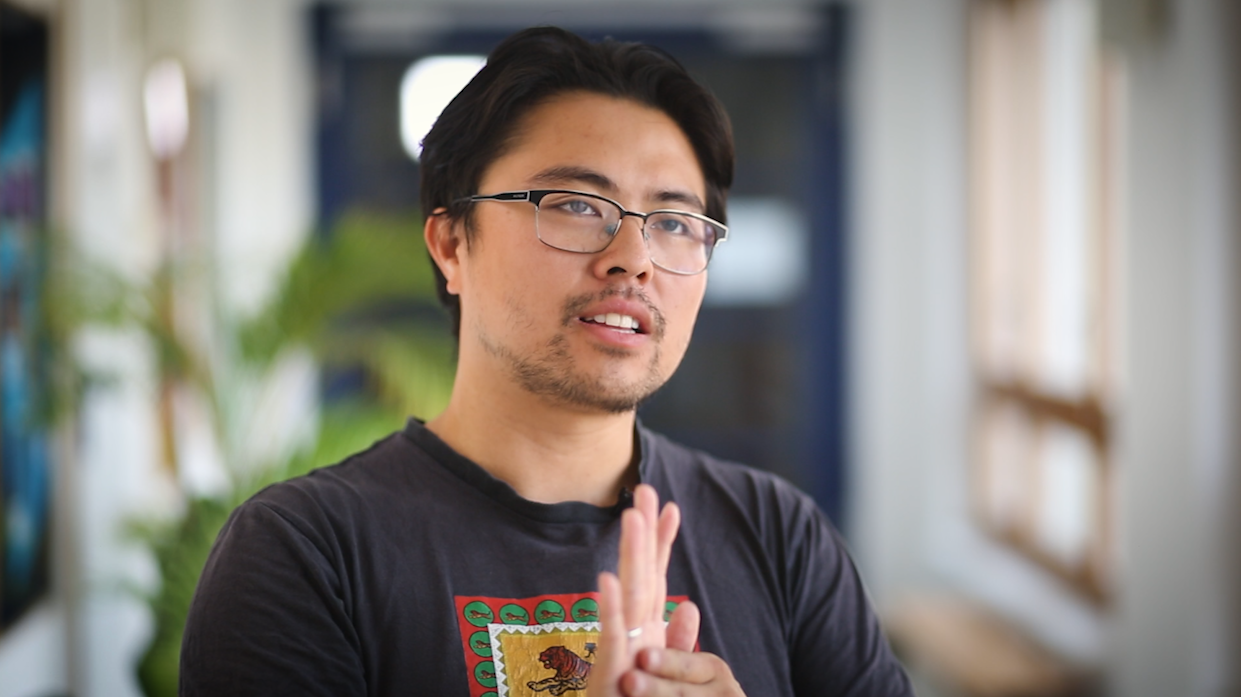
Dan Thy Nguyen | Theaterautor und -regisseur
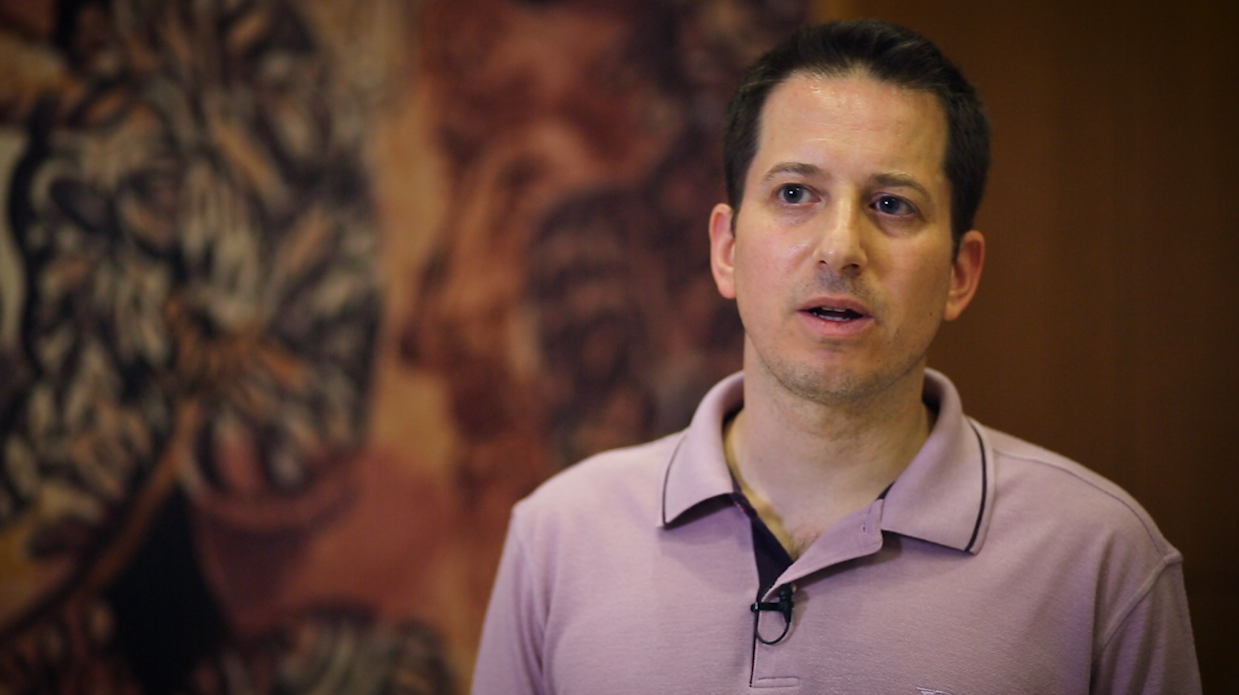
Alexandros Sakellariou | Soziologe, Panteion Universität Athen
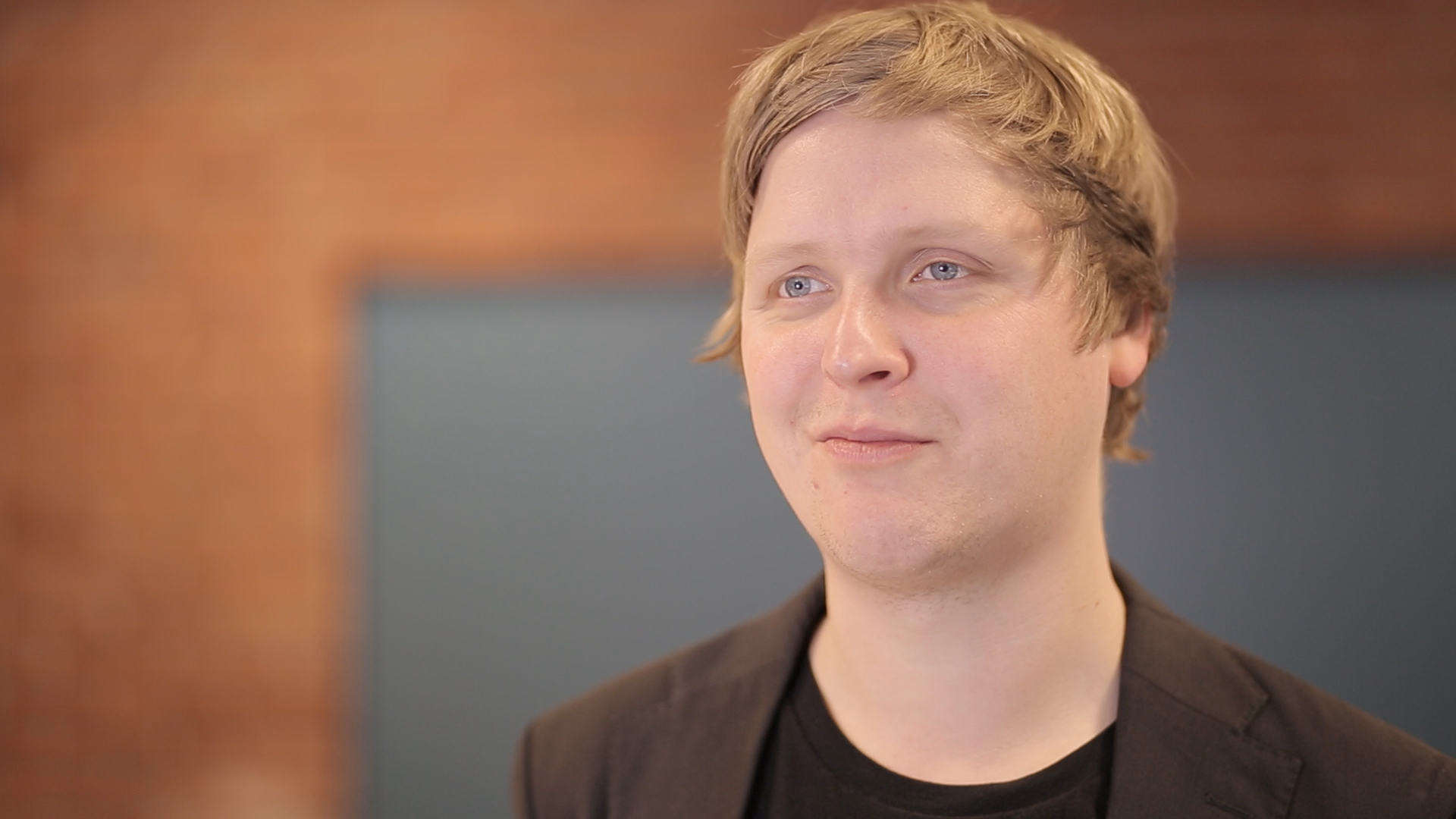
Aasmund Aukrust | Politiker und Überlebender des 22. Juli-Attentats
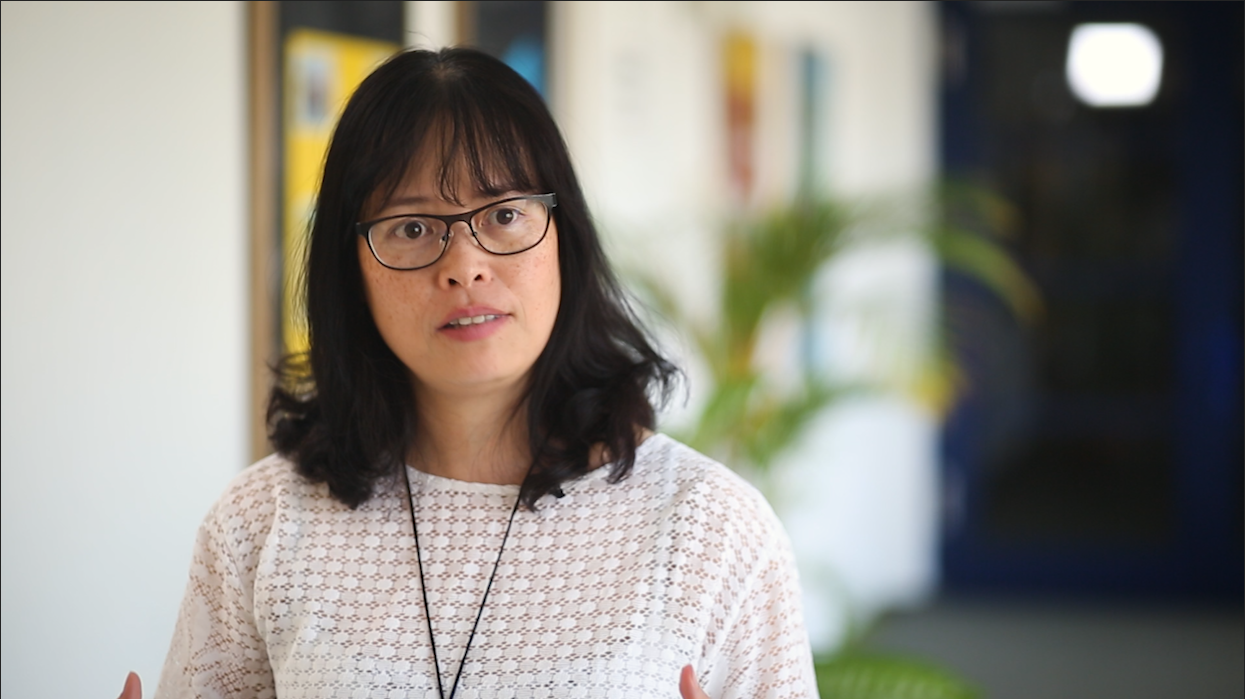
Dr. Vu Thanh Van | Mitglied des Vorstands von Diên Hông - Gemeinsam unter einem Dach e.V.

Dr. Gudrun Heinrich | Leiterin der Arbeitsstelle Politische Bildung, Universität Rostock
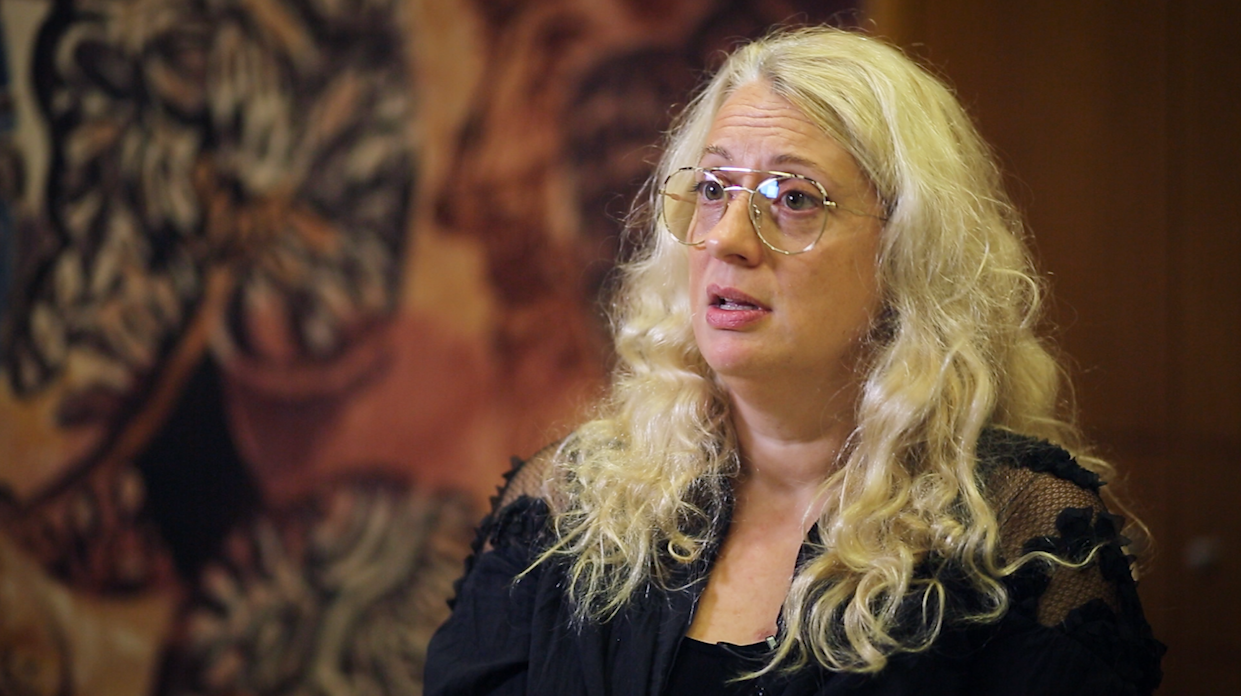
Natalya Koutsougera | Sozialwissenschaftlerin, Wissenschaftlerin, Panteion Universität Athen
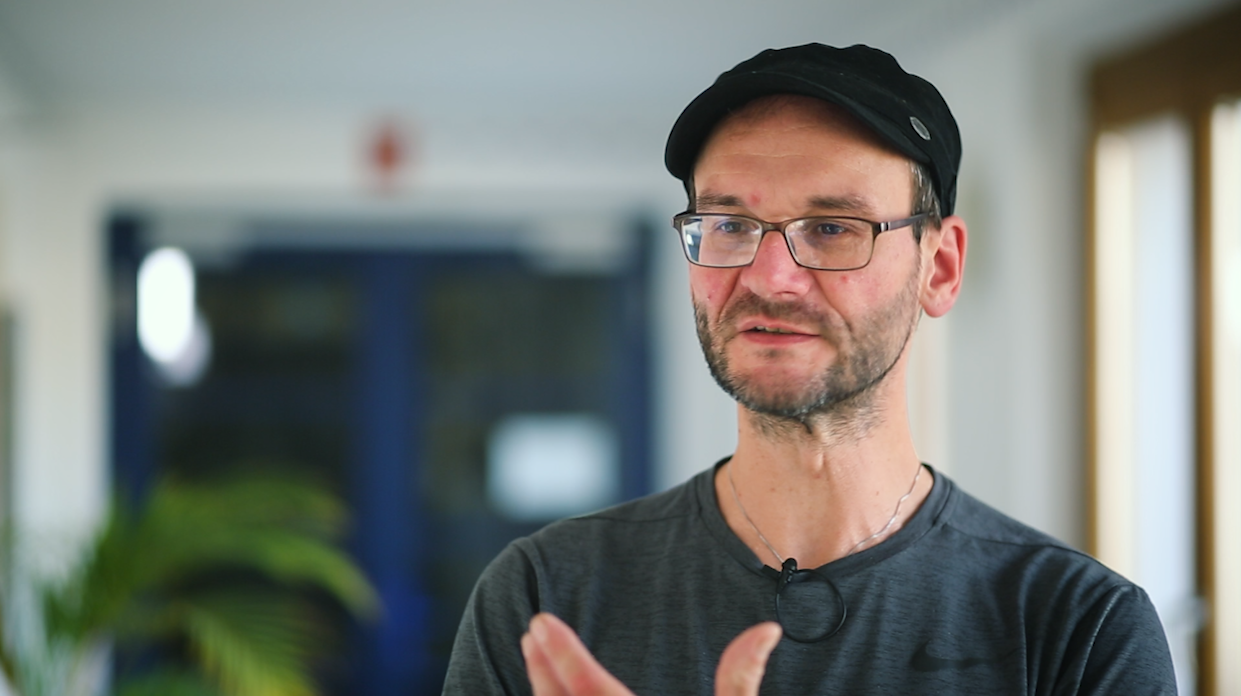
Stefan Nadolny | Stellvertretender Regionalbüroleiter Rosa-Luxemburg-Stiftung Mecklenburg-Vorpommern
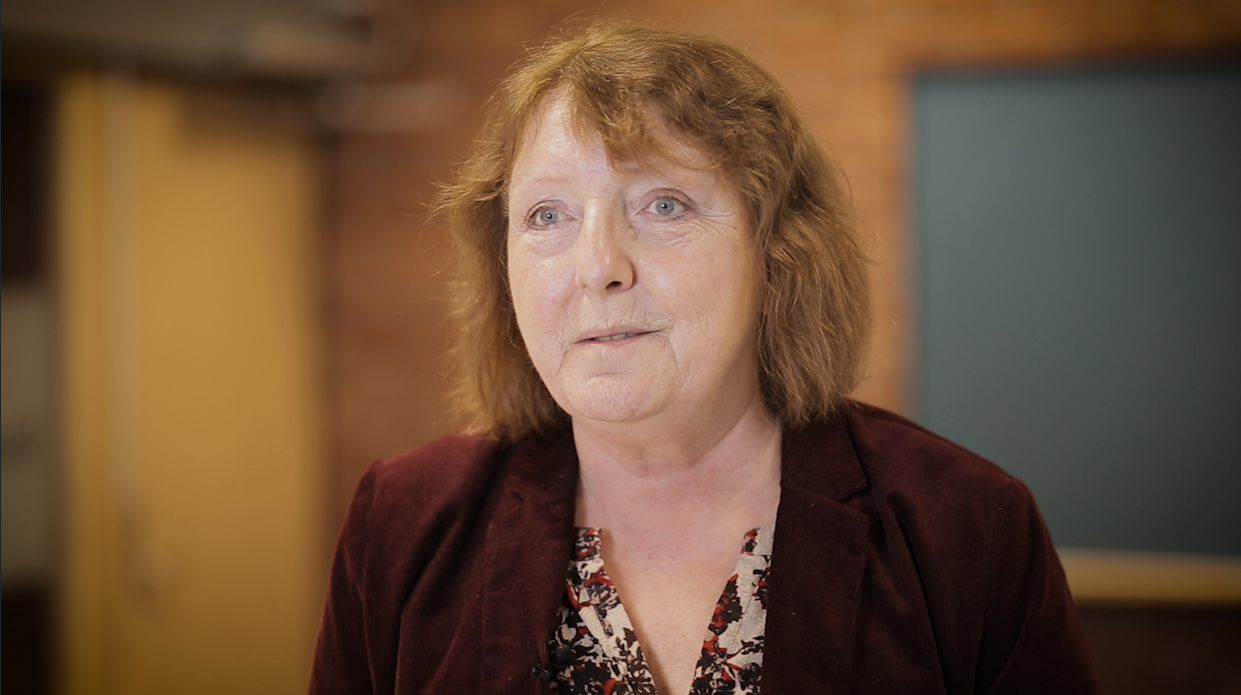
Lisbeth Kristine Røyneland | Aktivistin, Mutter eines der Opfer des 22. Juli-Attentats
About us
Doing Memory. There are also personal reasons for researching this topic. An insight into the motivations of the scientists behind the project.
The researchers
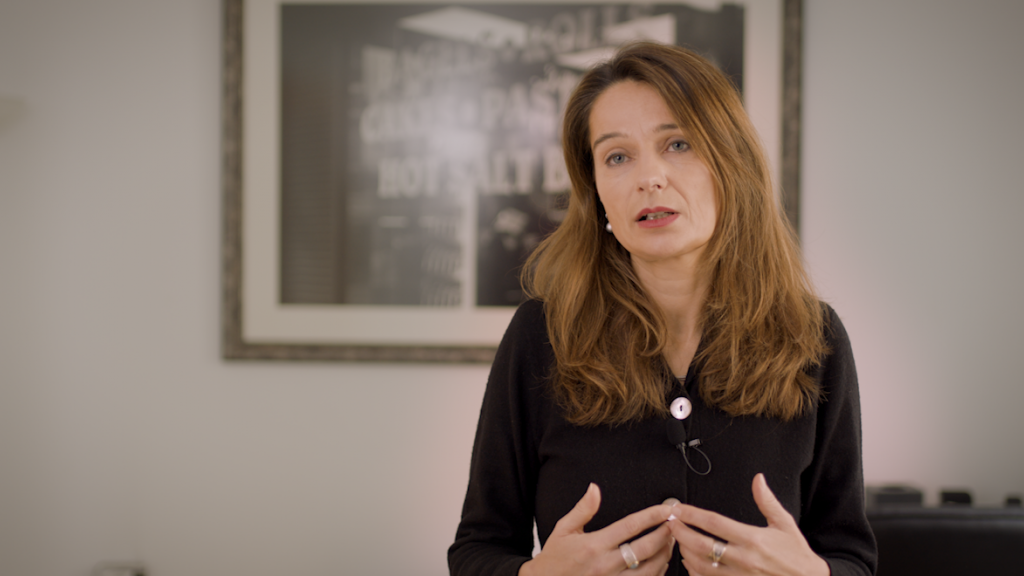
Tanja Thomas is a professor of media studies with a focus on transformations of media culture at the Eberhard Karls University of Tübingen. In her first academic project in the mid-1990s, she dealt with media and racism. Since then, her publications have dealt with, among other things, the construction of German national identity in the media, the media negotiation of the politics of migration, the coverage of the NSU murders from 2000 to 2011, the possibilities of participation, visibility and recognition in contemporary media cultures.
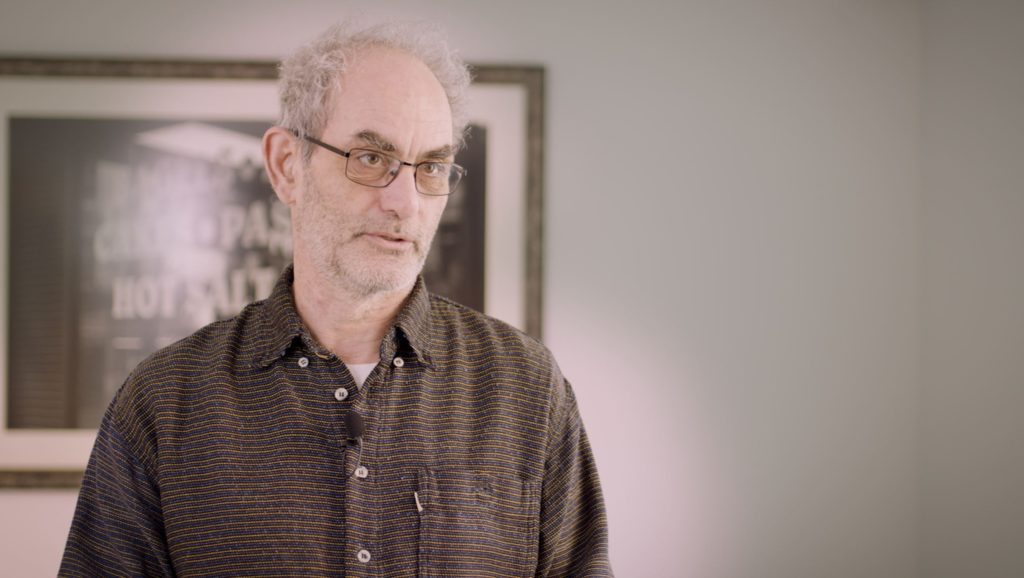
Fabian Virchow is a sociologist and political scientist at the University of Applied Sciences Düsseldorf. He has been studying the world-view, history, performance and violence of the extreme right and the social causes of and reactions to it for thirty years. At the University of Applied Sciences Düsseldorf, he heads the research focus on right-wing extremism/neo-Nazism (FORENA) since 2010. In his publications, he deals with theoretical and methodological questions of research on the populist/extreme right, on media and right-wing extremism as well as on practices of remembering right-wing violence.
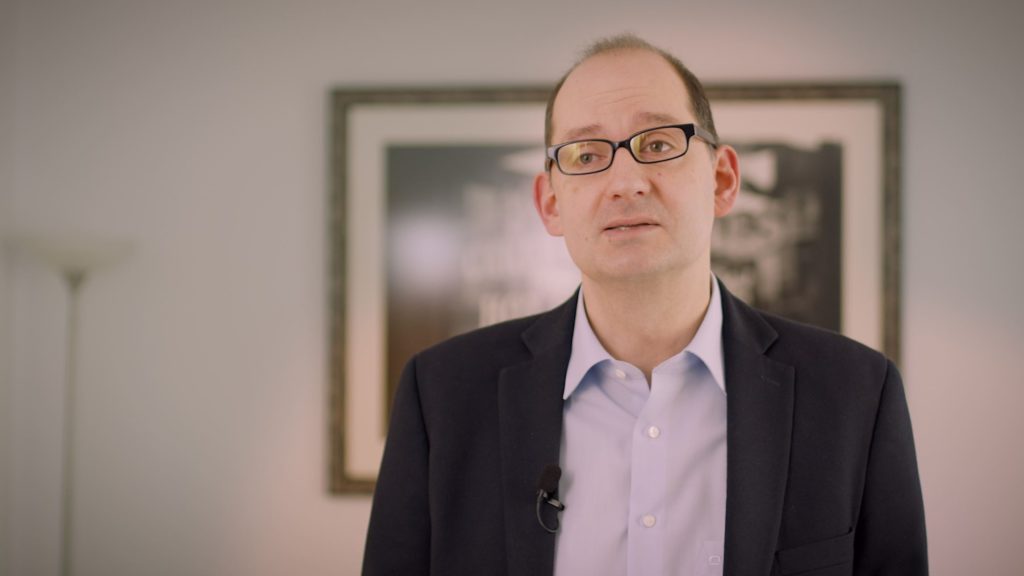
Matthias Lorenz is Professor of Modern German Literature and Comparative Literature at Leibniz University Hanover. The question of how literature functions as a venue for both distinction and conflict as well as exchange and integration underpins much of his work, which includes monographs on anti-Semitism in literature, artistic freedom in democracy and postcolonial intertextuality as well as the “Lexikon der ‘Vergangenheitsbewältigung’ in Deutschland”.
Birgül Demirtaş studied Social Pedagogy/Social Work and Empowerment Studies at the University of Applied Sciences in Düsseldorf and is a racism-critical education officer at IDA NRW. Her focus is on racism (criticism), right-wing and racist violence from the perspective of those affected and anti-Muslim racism.
As witness of the Solingen fire attack she first conducted interviews with those affected ba racist violence in 2006, researched their experiences and documented them. Her qualifying publication „Der Brandanschlag in Solingen und seine Wahrnehmung durch die zweite Generation von türkischstämmigen Migranten“ was published in 2016 by the Landesintegrationsrat NRW. As research assistant within the Doing Memory project, she intesified her research, continuing to do so in 2018 at the research focus right-wing extremism and neonazism at the Hochschule Düsseldorf, focusing her work on the racis fire attack of Solingen as well as the pogrom of Rostock-Lichtenhagen. She also taught there in 2020. She taught topics like critical race theory and the perspective of those affected. She also made the marginalized voices of the affected from Solingen and Keupstraße in Cologne audible and visible at public events in co-operation with Junges Schauspielhaus Düsseldorf.
Since 2020 she is co-building the department Re_Struct at IDA-NRW. The goal of Re_Struct is to give guidance to and qualify organizations and instiutions of political education in dealing with racism, multiple discrimination, as well as in establishing race critical approaches and migration-sensitive pedagogical methods.
Publications
Demirtaş, B. (2016). Der Brandanschlag in Solingen und seine Wahrnehmung durch die zweite Generation von türkischstämmigen Migranten. Landesintegrationsrat NRW (Hrsg.).
Demirtaş, B. (2020). Erinnerungsarbeit nach rassistischen Anschlägen am Beispiel Solingen. In: Kontinuitäten und neue Perspektiven. Von der Antirassismusarbeit zur Rassismuskritischen Bildungsarbeit. Informations- und Dokumentationszentrum für Antirassismusarbeit e. V. (Hrsg). Demirtaş, B. & Büyükmavi, M. (2020). Perspektiven auf eine rassismuskritische Praxisentwicklung in Institutionen. In Dokumentation des IDA-NRW-Fachtags “Institutionellen Rassismus erkennen — Rassismuskritik institutionalisieren, aber wie?”: Überblick – Zeitschrift des Informations- und Dokumentationszentrums für Antirassismusarbeit in Nordrhein-Westfalen (Hrsg.).
Steffen Rudolph is a cultural scientist and was involved in the project “Right-wing Violence and Memory Work in Germany” as a research assistant at the Eberhard Karls University of Tübingen until 2019. In his research, he deals, among other things, with the reproduction of social inequalities in digital media cultures and he is also interested in questions about the medial negotiation of the Shoah as well as right-wing violence after 1945.
His dissertation was published by Springer VS in 2019 under the title „Digitale Medien, Partizipation und Ungleichheit. Eine Studie zum sozialen Gebrauch des Internets“. It investigates the connection between different participatory practices on the internet and different categories of inequality.
Further publications (selection):
Rudolph, Steffen; Thomas, Tanja; Virchow, Fabian (2019): Doing Memory and Contentious Participation. Remembering the Victims of Right-Wing Violence in German Political Culture. In: Tanja Thomas, Merle-Marie Kruse und Miriam Stehling (Hg.): Media and Participation in Post-Migrant Societies: Rowman & Littlefield International.
Rudolph, Steffen (2012): Postoperaismus – Immaterielle Arbeit und die Transformation der Gesellschaft. Berlin, Münster: Lit Verlag.
Rudolph, Steffen (2011): „Der siebente Brunnen“. Fred Wanders Versuch einer anderen Darstellung der Shoah in der DDR-Literatur. In: Kulturrisse (4), S. 58–61.
Rudolph, Steffen (2011): Konfigurationen des Antifaschismus. Aspekte der Literatur über die Shoah in der DDR. In: Kulturrisse (3), S. 56–59.
Tobias Fernholz has been involved in the Doing Memory project since 2020 and is doing his doctorate as a scholarship holder of the Hans Böckler Foundation’s Research Training Group “Rechtspopulismus und exkludierende Solidarität” on the topic of “Dynamiken und Verbreitung rechtspopulistischer Diskurse. Eine Analyse rechter Gegenöffentlichkeiten”.
Besides his political science studies at Friedrich-Schiller-Universität, Tobias Fernholz worked in the field of political education for the nationally active „Netzwerk für Demokratie und Courage“ as teamer and trainer. He also worked as a scientific referent at the Institut für Demokratie und Zivilgesellschaft in Jena. His work focus, among other topics, are political communication, right-wing populism and extremism, conspiracy theories and political education work.
The grasshopper kreativ team team supports the Doing Memory project in its practical implementation in the media and advises the researchers on questions of communication in science.
Anna Ross leads the project at grasshopper kreativ and documented the workshops in Rostock, Athens, Oslo and London together with director of photography Samuel Zink. Natalie Lenhof edited the texts for the website. Sandra Amberg edited the video and produced the explanatory film.Find out more?
Lorenz, Matthias N./Tanja Thomas/Fabian Virchow (Hrsg.) (2022): Rechte Gewalt erzählen. Doing Memory in Literatur, Theater und Film (=LiLi: Studien zur Literaturwissenschaft und Linguistik, Bd. 1), Heidelberg: J.B. Metzler.
Lorenz, Matthias N. (2022): Rechte Gewalt in der deutschen Literatur als Thema und Aufgabe der Germanistik. Literaturwissenschaftliche Perspektiven auf die Erschließung eines Forschungsfeldes. In: Matthias N. Lorenz/Tanja Thomas/Fabian Virchow (Hrsg.): Rechte Gewalt erzählen. Doing Memory in Literatur, Theater und Film (=LiLi: Studien zur Literaturwissenschaft und Linguistik, Bd. 1), Heidelberg: J.B. Metzler, 3-28.
Lorenz, Matthias N. (2018): Erinnerungslücken. Zeitgeschichte in der gesamtdeutschen Literatur am Beispiel rechter Gewalt. Eine erste Bestandsaufnahme. In: AION. Annali dell’Università degli Studi di Napoli „L’Orientale“ XXVIII, H. 1-2, 251-274.
Rudolph, Steffen/Tanja Thomas/Fabian Virchow (2019): Doing Memory and Contentious Participation: Remembering the Victims of Right-Wing Violence in German Political Culture. In: Stehling, Miriam/Tanja Thomas/Merle Marie Kruse (eds.) (2019): Participation and Media in Post-Migrant Societies. London/New York: Rowman & Littlefield, 181-196.
Thomas, Tanja/Lorenz, Matthias N./Virchow, Fabian (in Vorbereitung): Doing Memory. Perspektiven des Erinnerns an Rostock-Lichtenhagen ‘92. Berlin: Metropol/englische Version: New York/Oxford: Berghahn Books.
Thomas, Tanja/Fabian Virchow (2021): Hegemoniales Hören und Doing Memory an rechte Gewalt Verhandlungen politischer Kultur der Bundesrepublik in (medialen) Öffentlichkeiten. In: Seeliger, Martin/Sebastian Sevignani (Hrsg.): Ein neuer Strukturwandel der Öffentlichkeit? Sonderband Leviathan (under review).
Thomas, Tanja (2020): ‚A turn to listening‘? – Zu Potenzialen eines Konzepts am Beispiel marginalisierter Erinnerung in Medienkulturen. DFG Symposium, Full Paper, aufgrund der Corona Pandemie verschoben, Publikation geplant.
Thomas, Tanja/Virchow, Fabian (2018): Praxen der Erinnerung als Kämpfe um Anerkennung. Zu Bedingungen einer gesellschaftlichen Auseinandersetzung mit rechter Gewalt. In: Tina Dürr/Reiner Becker (Hrsg.): Leerstelle Rassismus? Analysen und Handlungsmöglichkeiten nach dem NSU. Frankfurt/M.: Wochenschau, 156-168.
Virchow, Fabian/Thomas, Tanja (2022): Doing Memory an rechte Gewalt in Medienkulturen. Grundzüge eines interdisziplinären Forschungsprogramms. In: Matthias N. Lorenz/Tanja Thomas/Fabian Virchow (Hrsg): Rechte Gewalt erzählen. Doing Memory in Literatur, Theater und Film (=LiLi: Studien zur Literaturwissenschaft und Linguistik, Bd. 1), Heidelberg: J.B. Metzler, 29-51.
Virchow, Fabian/Thomas, Tanja (2018): Doing Memory und Rechte Gewalt. Erinnern und Vergessen als Praxis und Ausgangspunkt für postmigrantisches Zusammenleben. In: Jalta 2/2018. Positionen zur jüdischen Gegenwart, herausgegeben von Micha Brumlik/Marina Chernivsky/Max Czollek/Hannah Peaceman/Anna Schapiro/Lea Wohl von Haselberg, 60-64.
Förderung


